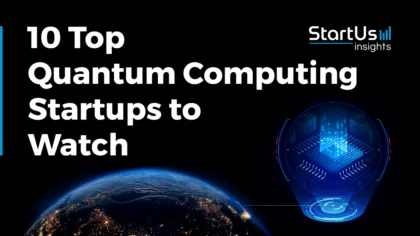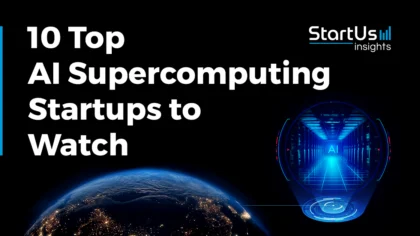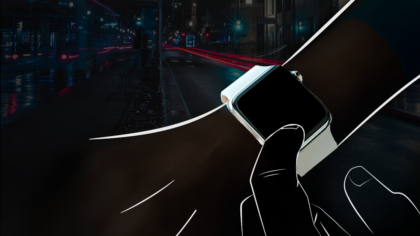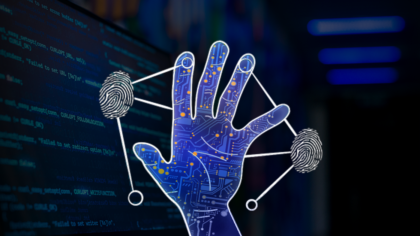Accelerate Productivity in 2025
Reignite Growth Despite the Global Slowdown
Our Innovation Analysts recently looked into emerging technologies and up-and-coming startups working on solutions for Industry 4.0. As there is a large number of startups working on a wide variety of solutions, we want to share our insights with you. This time, we are taking a look at 4 promising exoskeleton startups.
Heat Map: 4 Top Exoskeleton Startups
For our 4 top picks, we used a data-driven startup scouting approach to identify the most relevant solutions globally. The Global Startup Heat Map below highlights 4 interesting examples out of 178 relevant solutions. Depending on your specific needs, your top picks might look entirely different.
SuitX – Knee Support
All workers who engage in physically demanding work exercise caution and proper techniques to maintain their bodies at all times – mainly to avoid unnecessary accidents and injuries. Those workers are running the risk of knee-related injuries as they spend a lot of their time squatting or squatting to lift. Exoskeletons that support lifting and moving, inside a factory, are being widely adopted for worker safety and worker convenience.
The US-based startup SuitX builds an exoskeleton that attaches to the user’s legs. Their product LegX is designed to reduce the amount of strain on the knees and quadriceps. This exoskeleton is lightweight, adjustable, and does not limit the tools carried on a worker’s belt. The use of LegX helps workers squat longer and lift heavier objects without having to worry about physical consequences.
Levitate Technologies – Elevated Arm Support
Modern production lines are fast-paced and very labor-intensive. Workers have their arms raised above their heads for most of their workday which places a massive strain on them both physically and mentally. Muscular related problems or injuries are among the leading costs of disability and healthcare payments from employers. Exoskeletons that reduce muscle strain for workers are rapidly gaining popularity due to their long-term benefits for workers and employers.
The US-based startup Levitate Technologies designs and develops upper extremity musculoskeletal health wearables for professionals and skilled trade workers called AIRFRAME. This wearable exoskeleton is built for workers who perform repetitive tasks with their hands extended above their heads. The mechanical support reduces the muscle stress and fatigue of the worker while maintaining their productivity.
Japet – Lumbar Support
When it comes to manual labor, the back is the most affected body part. When lifting an object, many workers do not apply the correct methods and postures, resulting in greater strain on their backs. This leads to negative long-term effects and, in serious cases, dangerous spinal injuries. The application of exoskeletons to ease the lifting of heavy objects significantly reduces injuries in industrial units.
French startup Japet manufactures an exoskeleton called Atlas, that provides support to the lumbar region of the body, which takes the brunt of the exertion during heavy-lifting. This adaptable system relieves pain from the user without restricting their movements. It also tracks posture and improves overall mobility in different environments.
Noonee – Chairless Chair
Manufacturing units and factories have production lines in which workers end up standing for most of their workday. In automotive manufacturing plants, workers do not have the luxury of sitting down to perform their tasks. However, there is no need for them to be standing at all times as startups are developing exoskeleton chairs that allow workers in such environments to perform their tasks in a comfortable position.
German startup Noonee manufactures a lower-body exoskeleton that is designed to function as a chair. Their product is called Chairless Chair and is specifically made for workers in the automotive industry. This lightweight exoskeleton easily transitions between sitting and standing positions. Its main purpose is to prevent worker disruptions due to injuries or muscle fatigue and also to help an aging workforce.
What About The Other 174 Solutions?
While we believe data is key to creating insights it can be easy to be overwhelmed by it. Our ambition is to create a comprehensive overview and provide actionable innovation intelligence for your Proof of Concept (PoC), partnership, or investment targets. The 4 exoskeleton startups showcased above are promising examples out of 178 we analyzed for this article. To identify the most relevant solutions based on your specific criteria and collaboration strategy, get in touch.
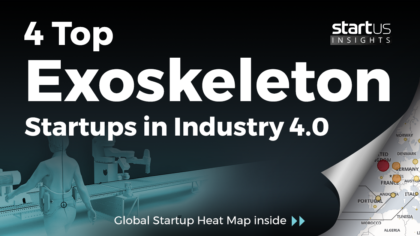

![Future of Robotics: 12 Trends Powering the Next Wave [2025-2030]](https://www.startus-insights.com/wp-content/uploads/2025/06/Future-of-Robotics-SharedImg-StartUs-Insights-noresize-420x236.webp)
